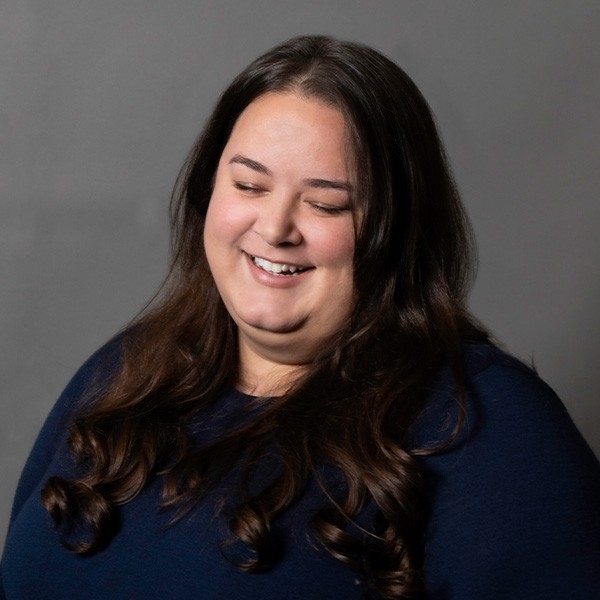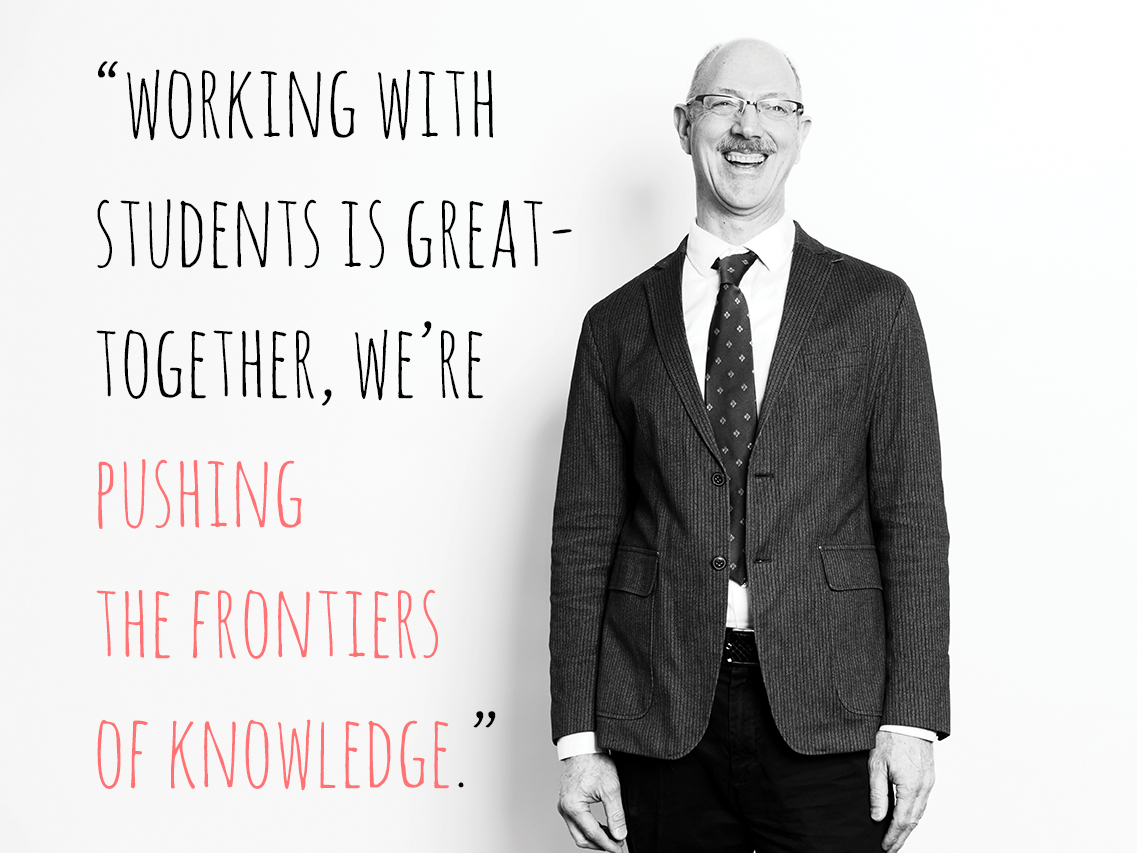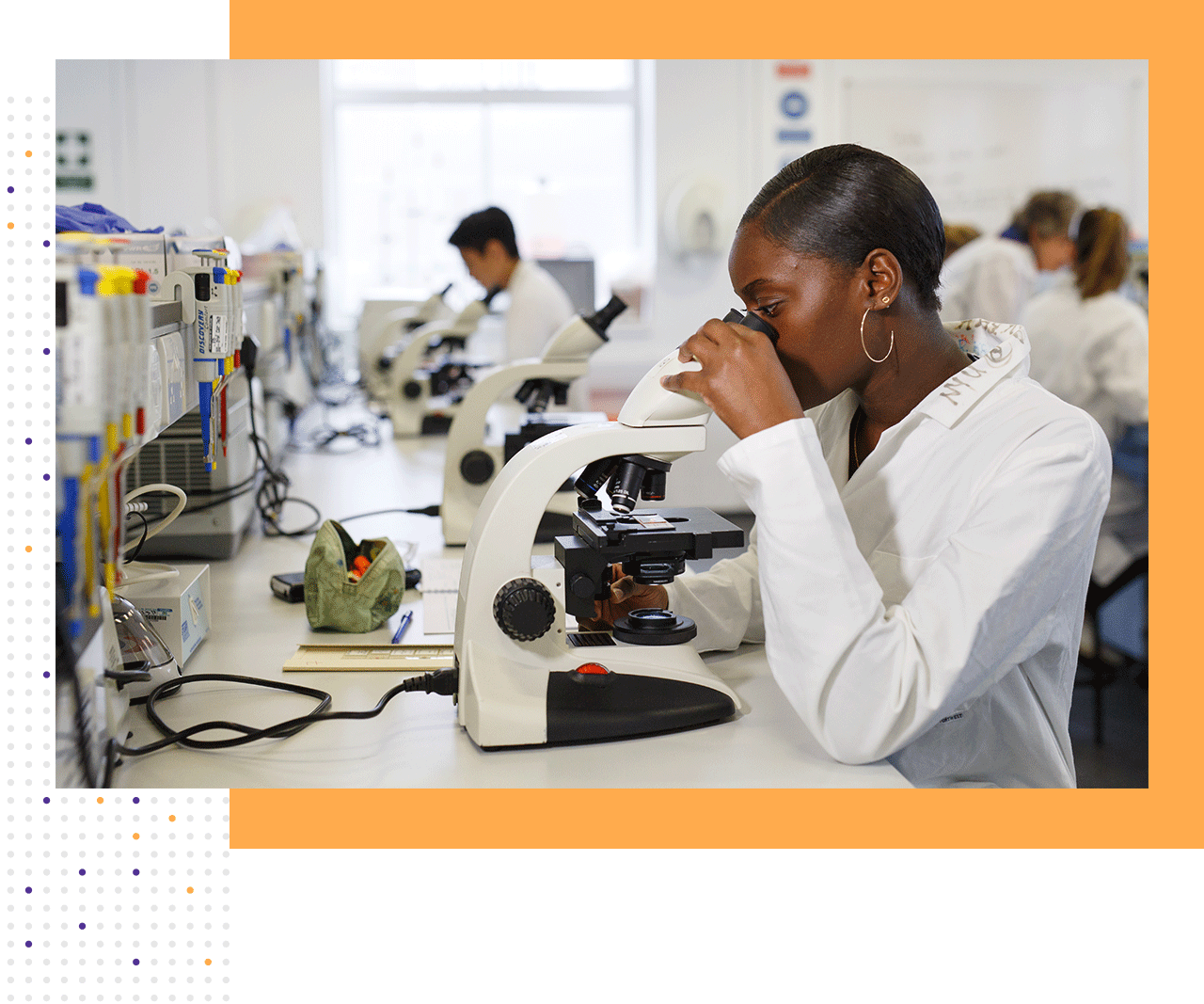
From how DNA replicates to why we have circadian rhythms, biology is the study of living organisms and the systems that make life possible. At NYU’s campuses in New York City, Abu Dhabi, and Shanghai, you start with a straightforward yet enormously complex question: How does life work? Then, you can become an expert in specialized areas.
Science professors at NYU, including Principles of Biology professor Stephen Small, are here to help you find the right niche. “The point of biology is that it’s beautiful. And if you start to understand how it works, it can enrich your life in so many ways,” he says. It can also give you a window into understanding how interconnected every aspect of life is. And whether you want to focus on immunology, neural science, and genetics or explore how urbanization influences biogeochemical cycles and biodiversity in urban ecology courses, New York City is your laboratory.
Research Within Reach
Creating connections with your professors helps them identify research opportunities for you that can sharpen your focus within your discipline. Fatima Alaydaroos and Catherine Palmer—who are both Biology majors at NYU Abu Dhabi—found the right fit in Professor Kirsten Sadler Edepli’s lab. “We work with Professor Edepli on understanding the development and regeneration of diseased liver cells and liver cancer cells in zebrafish,” says Fatima. “We study how the liver and the organism respond to widespread epigenomic changes,” she adds. Their long-term goal is to offer insight into better treatment for liver diseases and cancer in humans.
Furthermore, with the support of Professor Edepli, Catherine has extended this research to investigate the role of the microbiome. This exploration will also be the basis for her Capstone Project. “Fatty liver disease is the most common liver pathology in the world. But the variation in its severity cannot be explained directly by environmental factors or genetic predisposition,” she explains. “The microbiome could be an explanation for this variation.”
Is Our Environment Contributing to Fatty Liver Disease?
Discovery Beyond Campus
New York City, Abu Dhabi, and Shanghai are hubs of research where students can gain professional experience. For Wendy Yang, a Biology major completing the Prehealth Program, studying biology is personal. While growing up, she watched her grandfather struggle with a heart condition that did not respond to medication and required multiple operations. “My motivation to understand his illness and to help people like him heavily influenced my decision to pursue biology and medicine,” she shares.
During her sophomore year, she found a research assistant opening at the Icahn School of Medicine at Mount Sinai to study Kabuki syndrome (KS), a multisystem disorder that can manifest as a congenital heart defect. Not surprisingly, Wendy jumped at the opportunity. “We study the overexpression of the genetic variant that causes KS. I maintain live cultures of stem cells and turn them into cardiac muscle cells. Then, I compare them to cells from KS patients,” she explains. “Discovering the mechanisms behind KS can help us find nonsurgical treatments that will drastically improve quality of life for many patients.”
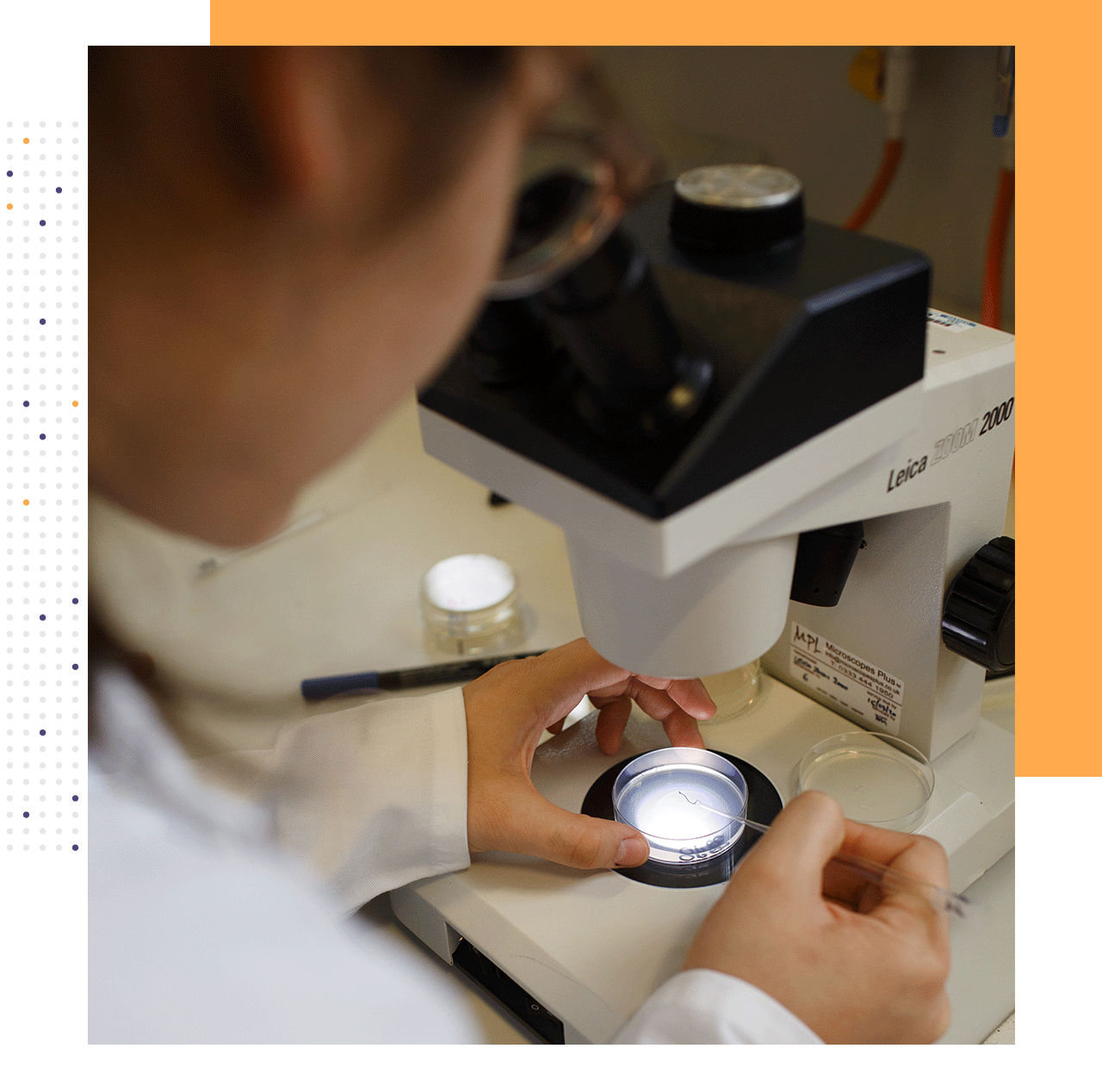
Find Your Fit
There are many ways to bring biology into your major or minor at NYU. First, you can major in Biology at the College of Arts and Science (CAS), NYU Abu Dhabi, or NYU Shanghai. You can choose Biomolecular Science at the Tandon School of Engineering. Or, you can take an international approach with Global Public Health and Science with a concentration in biology at CAS, which also offers a major in Neural Science.
And don’t forget minors. Check out Molecular and Cell Biology at CAS and NYU Shanghai. Then there’s Natural Sciences at NYU Abu Dhabi. Or, try Environmental Biology at CAS or Biomechanical and Biosystems Engineering at Tandon. You have a lot of options to customize your academic experience.
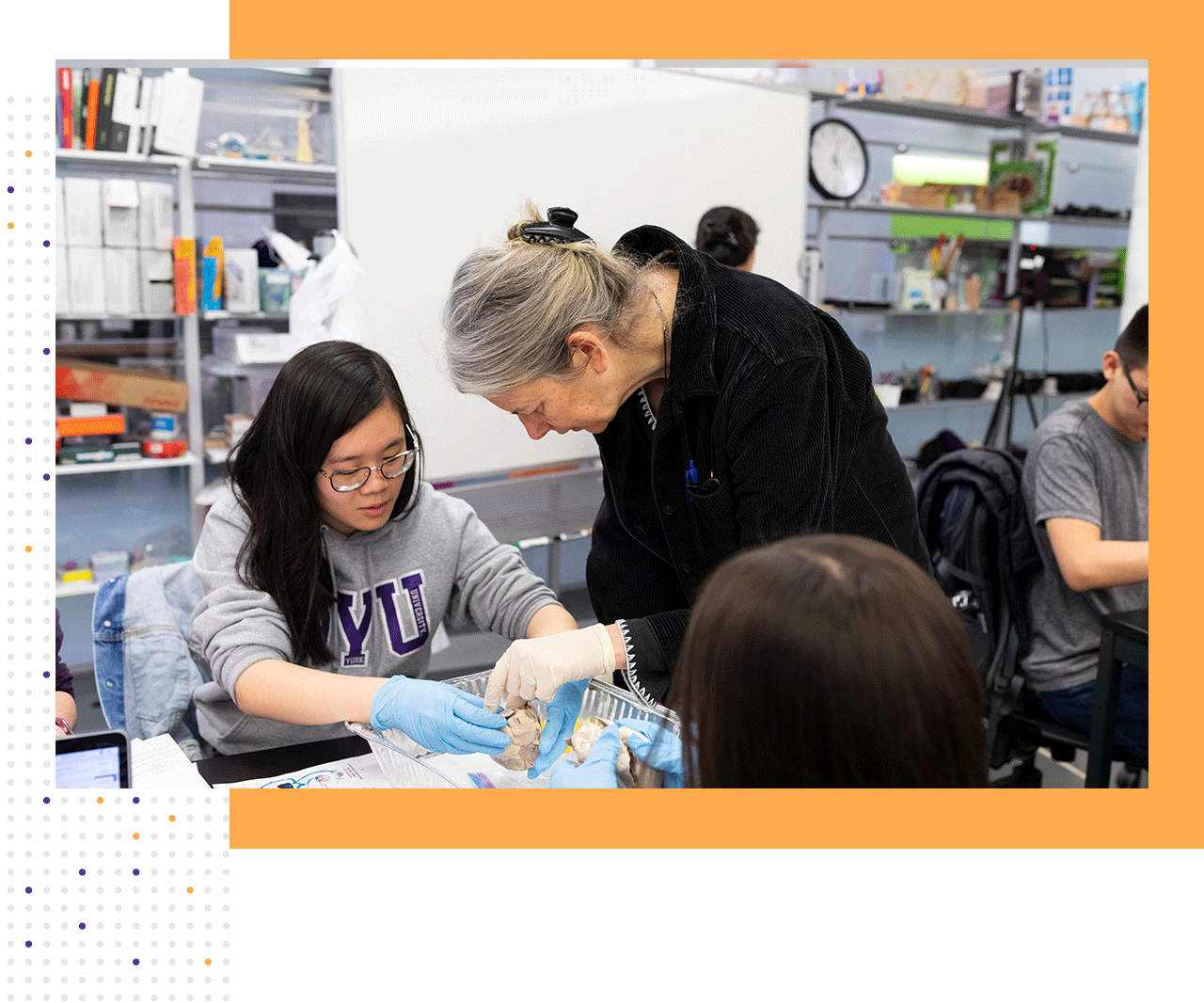
The Prehealth Program
The Robert and Ellen Salant Prehealth Program at NYU is a great option for students considering a future in medical, dental, or veterinary school. At its core is a set of biology, chemistry, and physics courses. This course sequence will ensure that you meet the eligibility requirements for your applications. Additionally, the program also provides customized advising and mentorship. With the program’s dedicated resources, you will advance and gain clinical experience. It is not a major—you can choose any major you want while also completing the program. Instead, it is specifically designed to make sure you meet the entry requirements to pursue a postgraduate career in medicine, while allowing you to delve as deeply as you want into your other interests.
A Committment to Inquiry
NYU is home to dozens of research centers and institutes. For example, NYU Shanghai has the NYU-ECNU Institute of Brain and Cognitive Science and the Center for Society, Health, and Medicine. NYU in New York City boasts the Center for Developmental Genetics, the Bio-interfacial Engineering and Diagnostics Group, the Laboratory for Biomechanics, Mechanobiology & Regenerative Medicine, and the NYU Langone Health hospital and research complex, to name just a few. And if you’re headed to NYU Abu Dhabi, check out the Evolutionary Genomics Lab and the Public Health Research Center. When you add in faculty labs, the amount of research happening at NYU is staggering. To learn more, start your search here.
